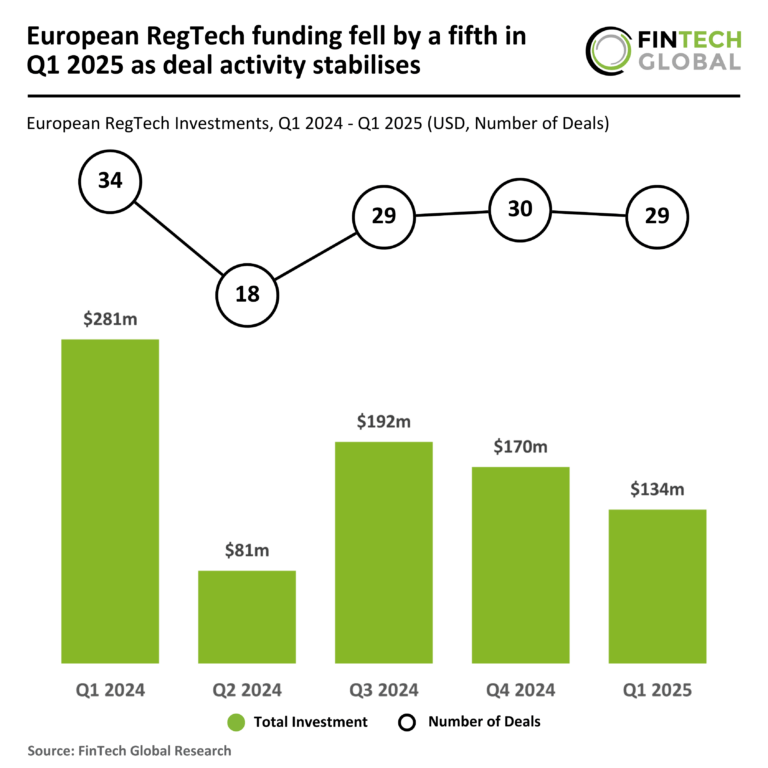Unlocking Success: How Technology Drives Growth Strategies in Modern Insurance
The insurance industry is undergoing a transformative phase, largely fueled by the emergence of InsurTech. This shift is not only changing how insurance companies operate but also reshaping their competitive landscape. As technological advancements and evolving customer expectations intersect, mergers and acquisitions (M&A) are becoming increasingly influenced by the strategic integration of technology.
The Impact of Technology on Insurance Strategy
According to a report by Novidea, technology has evolved to become a core component of insurance strategy rather than merely a supporting tool. Innovations such as artificial intelligence (AI), data analytics, and integrated platforms are enabling insurance firms to:
- Scale operations efficiently
- Enhance customer experiences
- Streamline M&A processes
Companies that boast robust technological infrastructures are proving to be more attractive to potential buyers. This is largely due to enhanced reporting capabilities and simplified integration post-acquisition.
M&A Activity in the Insurance Sector
In 2024, M&A activity within the insurance sector has surged, with larger brokers increasingly targeting smaller firms that possess advanced technological capabilities. Interestingly, some of these smaller players often have more sophisticated systems than their acquirers, rendering them valuable assets.
Key factors driving these acquisitions include:
- Real-time insights
- Actionable data
- End-to-end policy integration
These capabilities are critical for supporting market expansion and effectively diversifying risk.
Addressing Emerging Risks with Technology
Technology is also playing a pivotal role in helping insurers tackle emerging risk areas such as climate change and cyber threats. Additionally, environmental, social, and governance (ESG) considerations are becoming increasingly significant in strategic decision-making.
Automation and AI are not only cutting costs but also enhancing efficiency in core functions like fraud detection and claims processing.
Future Directions for the Insurance Industry
Looking ahead, it is imperative for insurance firms to continue investing in open, flexible systems and seek collaborations that foster innovation. Embracing technology has become essential for maintaining a competitive edge, scaling operations, and meeting the evolving expectations of consumers in a dynamic market.
For more insights on the future of insurance technology, you might find this InsurTech News article informative.







